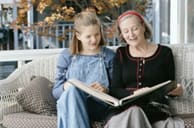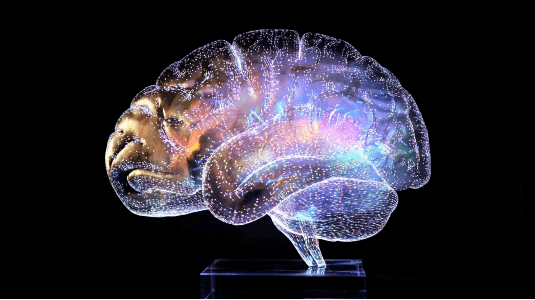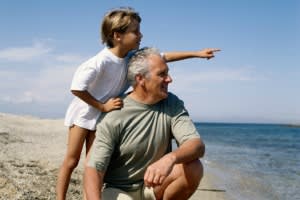By Grace Capone, RN, BSN, Nurse Manager-Quality, Stroke Program Coordinator
Over 7 million people in the U.S. survive a stroke each year. Stroke is a leading cause of adult disability in the United States. Every type of stroke is unique and recovery is individualized. A stroke survivor may face physical, emotional and/or behavioral challenges, as well as issues with communication. Physical challenges commonly occurring after a stroke include paralysis, seizures, muscle tightness and stiffness (spasticity) and fatigue. Emotional and behavioral challenges are also a common injury from stroke. A person may become forgetful, careless, irritable or confused. Stroke survivors may feel anxiety, anger or depression, and often have difficulty speaking or understanding what others are saying Rehabilitation is a critical part of recovery for many stroke survivors. The effects of stroke may mean that you must change, relearn or redefine how you live. Rehabilitation facilitates this process and helps you return to independent living. Stroke rehabilitation can occur in different settings ranging from your home, an outpatient setting or an inpatient rehabilitation facility.
What you should and your caregiver should know:
On a positive note, research now shows that the brain undergoes significant neuroplasticity, or rewiring after brain injury has occurred. The rewiring can take place at any stage of our lives, even after stroke. If you feel that your recovery has stopped, consider taking up a new hobby such as playing an instrument or painting. Yoga or exercise groups for stroke survivors may also get you moving. Stay engaged and find activities that bring you joy. Believe it or not, this will likely stimulate recovery again.
Over 7 million people in the U.S. survive a stroke each year. Stroke is a leading cause of adult disability in the United States. Every type of stroke is unique and recovery is individualized. A stroke survivor may face physical, emotional and/or behavioral challenges, as well as issues with communication. Physical challenges commonly occurring after a stroke include paralysis, seizures, muscle tightness and stiffness (spasticity) and fatigue. Emotional and behavioral challenges are also a common injury from stroke. A person may become forgetful, careless, irritable or confused. Stroke survivors may feel anxiety, anger or depression, and often have difficulty speaking or understanding what others are saying Rehabilitation is a critical part of recovery for many stroke survivors. The effects of stroke may mean that you must change, relearn or redefine how you live. Rehabilitation facilitates this process and helps you return to independent living. Stroke rehabilitation can occur in different settings ranging from your home, an outpatient setting or an inpatient rehabilitation facility.
What you should and your caregiver should know:
- Be aware of your medications and any side effects. Ask your doctor or nurse to clarify any questions you may have about your medications. Remember, take them as prescribed.
- Know your personal risk factors for stroke. Survivors are at a higher risk of having another one if treatment recommendations are not followed.
- Eat a healthy diet
- Exercise (walking is a great option)!
- Recovery varies depending on the type of stroke and where it occurred in the brain. The most rapid recovery occurs during the first 3-4 months, but some stroke survivors continue to recover over the next 1-2 years.
- Be aware of the risk of falls. Strengthening exercises may be helpful. Keep commonly used belongings within reach. Rise slowly from sitting or lying down. Have a clear walking path. You may need to rearrange furniture and/or rugs. Remember to have good lighting, wear shoes and use assistive devices if recommended.
- Recognize signs of depression and seek help if needed.
On a positive note, research now shows that the brain undergoes significant neuroplasticity, or rewiring after brain injury has occurred. The rewiring can take place at any stage of our lives, even after stroke. If you feel that your recovery has stopped, consider taking up a new hobby such as playing an instrument or painting. Yoga or exercise groups for stroke survivors may also get you moving. Stay engaged and find activities that bring you joy. Believe it or not, this will likely stimulate recovery again.
Featured Expert/ Author






